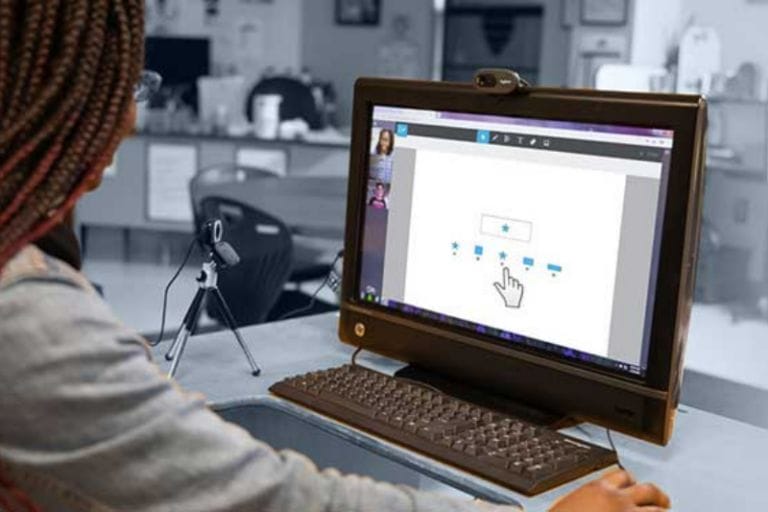The purpose of the Common Core State Standards (CCSS) is to ensure college and career readiness for all students nationwide. But this raises two questions: how is readiness defined, and how do we help every student get there?
A Portrait of College and Career Readiness
According to the CCSS website, students who are prepared for college and/or a career have mastered the skills designated under the CCSS’ English Language Arts (ELA) standards: reading, writing, speaking, listening and language. The CCSS also states that students will be able to:
-
Demonstrate independence
-
Build strong content knowledge
-
Respond to the varying demands of audience, task, purpose and discipline
-
Comprehend and critique
-
Value evidence
-
Use technology and digital media strategically and capably
-
Understand other perspectives and cultures
Although all of these characteristics are essential for being truly literate under the CCSS, students with speech and language difficulties require extra help.
Overcoming Obstacles: Speech-Language Therapy
The journey to mastering the ELA skills is not the same for every student, especially for those with special needs. For students with potential speech and language issues, the first step to achieving true literacy is being diagnosed and treated for speech disorders as early as possible. Studies show that early intervention of speech and language disorders lessens the long-term effect they can have on the student. The longer students go without intervention, the harder it is for therapists to fully solve speech issues, making it difficult for these students to achieve academically.
Compounding the issue is a chronic shortage of speech-language pathologists (SLPs), which makes it extremely slow to evaluate prospective speech students and provide the necessary therapy. An estimated 5,000 – 7,000 SLP vacancies go unfilled each year, leaving around 350,000 students unserved and even more students underserved, putting students at risk in achieving their academic goals and being successful beyond school.
Online speech therapy is a viable option for those districts that have difficulty finding and hiring qualified therapists. Through a secure platform that includes videoconferencing, therapy activities and detailed progress tracking, a remote SLP can deliver speech therapy to a student just as effectively as they would in person. To date, PresenceLearning’s 400+ highly qualified therapists have performed some 450,000 online therapy sessions and assessments.
With ELA standards making up half of the CCSS initiative, it is of heightened importance for schools to provide consistent speech therapy to students who need it. With the right support in core language skills, students are far better equipped to meet standards.




